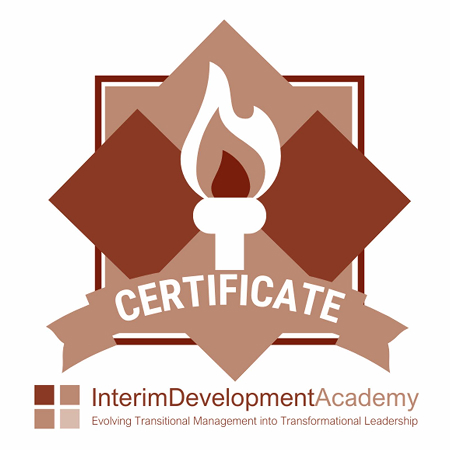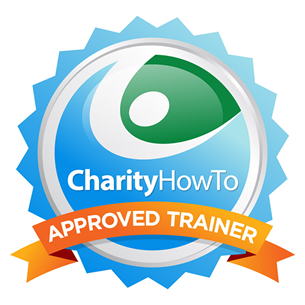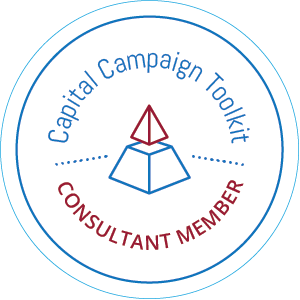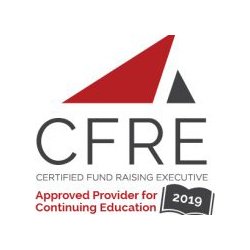Ah, Board committees. Now, we get knee deeper into confusion. So, keeping the Board focused on governance is challenging work. Keeping the committees focused on governance seems at times almost impossible.
A few observations from the field.
Just like with Board of Directors, Board committee’s need position descriptions and expectations. Now, I won’t recommend specific committees because each organization is different, but the basics such as Finance and Governance Committees are essential.
Why a position description for the committee? Well, far too often, I have seen committees want to take over management types of activities. You know, they think governance is at the Board collective level, and therefore, they can focus on getting things done. Yes, to some extent, but with specific parameters in place. A committee also needs to be engaging in governance regarding examining trends and their implications.
Take, for instance, a Development Committee. Where does the line end between helping to establish a philanthropic goal, approving a fundraising plan, and then actually implementing the work and sometimes even circumventing staff efforts? Ah, yes, this does happen. And, it happens more than we like to think. Once you get down to the committee level, management seems to creep in. So, a powerful committee position description will help to create appropriate boundaries.
Now, I say, in the case of Fund Development, members as part of this committee work to engage their fellow Board members in the process of fund development. So, they may call upon a Board member to chair an event, or to help solicit funds, or to introduce the organization to a significant prospect. This fact does not mean that the manage the fundraising process. And, this is not to say that they manage staff. That is up to staff. But, even in all-volunteer organizations, when Board members must manage, governance comes first. Heck, you can establish a special event committee of the Board that works on event logistics with both Board and non-Board members. Governance rules.
Moreover, committees in no way, shape, or form make decisions for the Board. No, way. You see, the only people that make decisions for the Board is the Board collective. Committees can wrestle with tough strategic, governance issues, and make recommendations for actions at the Board meeting, but in now way does the Committee make a decision that is not vetted and voted by the Board as a whole. Again, clearly outlined position descriptions and expectations create parameters for appropriate behavior.
I know, I know, governance in small nonprofits. Again, governance discussions come first. Operational issues can be done by a task force or other such components. The Finance Committee in a large or small organization needs to look at economic trends in the overall community both locally and globally and make sound fiscal decisions. That does not mean that they get into the minutia. Yes, Board members do need to do management kinds of things in small non-profits, but they can also engage their membership or volunteers to assist in getting things done. So, while a nature organization needs to discuss trail maintenance and who is going to do it, they most importantly need to discuss which trails where, why, and how much is going to cost. What are the environmental impacts of a trail system, etc. They can always appeal to their membership or the general community to help clear brush.
So, again, clear, written, articulated in advance, position descriptions for the Board as a collective, individual Board members and the committees of the Board themselves are needed to create parameters and boundaries around keeping the Board focused on its significant role in governance.
I have been known to point out, “Would you see a Board committee of Pepsi-Cola engaging in supervising staff other than the CEO, or working in the factory bottling soda pop?” Even small, family-owned businesses, need to talk about things like, “there is a new competitor in town, what does that mean for us?” or “Our chocolate sales hit rock bottom, what is our cash flow over the next year?”
No, so what makes us in nonprofits think that we need to operate any differently? Just because we are “non-profit” doesn’t imply that our Boards of Directors should operate any differently. The difference being that for-profit Boards report to stockholders and our Boards report to stakeholders. And, yes, my friend, we can offer our Board compensation if we wanted to go that far.
For more articles on your Board of Directors, start here!
P.S. – Are you ready to get started with your first large fundraising campaign? And, you want it to be successful? Get started with my FREE 7 Steps to a Majorly Successful Fundraising Campaign and use the EXACT same steps that I share with my clients. Click here to download your FREE 7 Steps “Cheat Sheet” and start planning your fundraising campaign today. I will share with you all the steps you need to be successful before launching your next campaign.
 development program in the past. However, working on these smaller campaigns can also be very satisfying because I can help them use this campaign to begin to develop these efforts. I take those campaigns that a lot of other consultants won’t touch! Many while not having a sustainable donor base to build from, often needs a campaign without doing the preliminary feasibility study. They need the money, and the campaign must go on.
development program in the past. However, working on these smaller campaigns can also be very satisfying because I can help them use this campaign to begin to develop these efforts. I take those campaigns that a lot of other consultants won’t touch! Many while not having a sustainable donor base to build from, often needs a campaign without doing the preliminary feasibility study. They need the money, and the campaign must go on.
 ning.
ning. hen there were resident consultants who upped and moved to different parts of the country to live and work at a nonprofit and become immersed in their community.
hen there were resident consultants who upped and moved to different parts of the country to live and work at a nonprofit and become immersed in their community. whatever you call it in your office as a good reminder.
whatever you call it in your office as a good reminder.
 Board. So, Board driven is an option.
Board. So, Board driven is an option.



 So, many months ago, I set out and found a hill. I went up and down that hill over and over again. Then, searching online, I found mountain races. And, I entered them. And, I began running up to the summits of mountains. First smaller ones, and then larger ones. But, nothing greater than 3,000 or so feet.
So, many months ago, I set out and found a hill. I went up and down that hill over and over again. Then, searching online, I found mountain races. And, I entered them. And, I began running up to the summits of mountains. First smaller ones, and then larger ones. But, nothing greater than 3,000 or so feet. ith fundraising? Well, a great deal. Courage. I honestly believe that the most significant characteristic of a fundraiser is courage. These exceptional individuals know that even in the most difficult times, perseverance is key, and that “this too shall pass.” Courage to get a lot of “no’s” and to be able to ask for a gift without hesitation. It is the ability to do this, with rumblings and butterflies floating around in your tummy.
ith fundraising? Well, a great deal. Courage. I honestly believe that the most significant characteristic of a fundraiser is courage. These exceptional individuals know that even in the most difficult times, perseverance is key, and that “this too shall pass.” Courage to get a lot of “no’s” and to be able to ask for a gift without hesitation. It is the ability to do this, with rumblings and butterflies floating around in your tummy.






